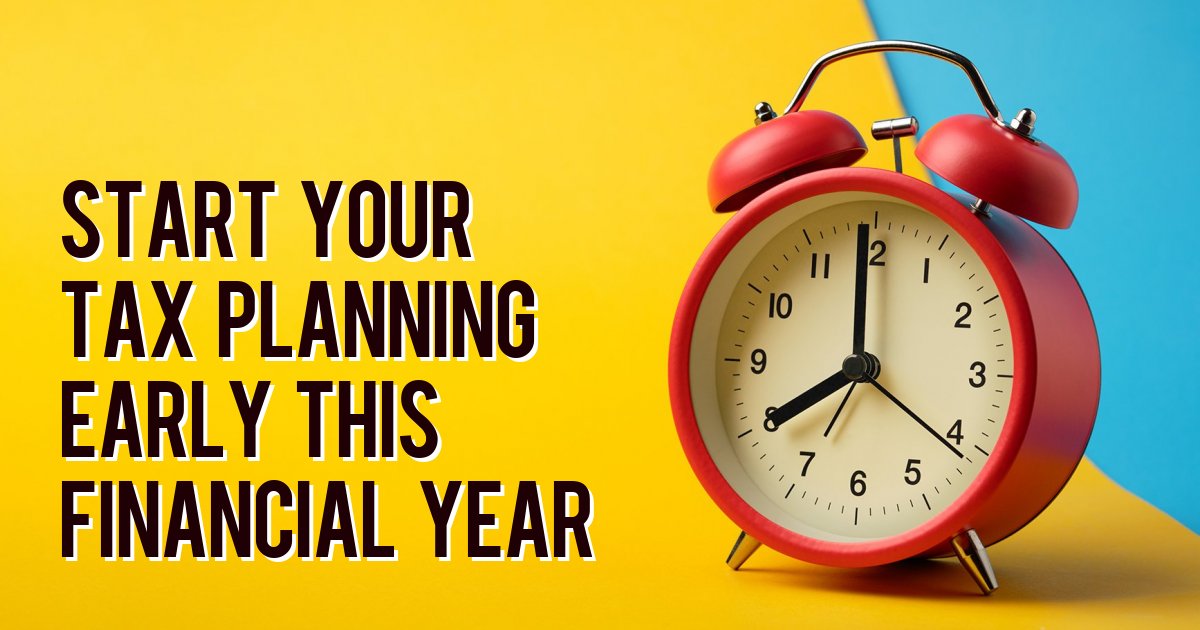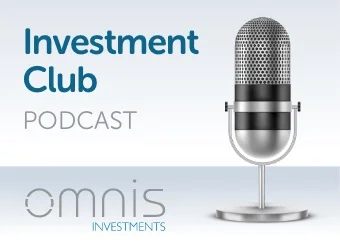Why do your Tax planning early in the new tax year?
Monday 24 May, 2021
In this article Tracy Dove, Financial Adviser in Basildon, Hertfordshire and London reviews why tax planning advice at the start of the tax year can benefit you, and considers all the tax-planning allowances and benefits you can use.
Tracy Dove, financial planner working with clients in Hertfordshire, North London and Essex said: ‘As many of you know, I very much favour “start of tax year planning” rather than “end of tax year planning”. For some tax reliefs and allowances, it always strikes me that benefiting from the favourable tax treatment earlier will deliver a better client outcome. Although sometimes, I appreciate this is not always possible.
However, for ISA contributions, investing these nearer to 6 April 2021 rather than the following April 2022 means our clients benefit from the tax-free growth and income for longer.’
Vanguard recently provided research on the benefits of early tax planning
Vanguard’s research considered an example if someone were to invest £10,000 on 6 April and another £10,000 on that date every subsequent year, earning an annual net investment return of 5.5%. In this scenario, the individual would end up with very nearly £540,000 in their account by the end of their 25th year – £250,000 of invested capital and another £290,000 in growth.
If the individual waits until the end of the tax year to start investing at the same levels, they would end up with over £28,000 less in capital growth at the same point in time, after investing the same amount of capital.
What tax planning can you benefit from in 2021/22?
The 2021/22 tax year started at the stroke of midnight between the 5th and 6th of April. While many individuals leave tax planning to the end of the tax year, you can look to maximise the benefits by using your personal tax allowances* and reliefs straight away. Please get in touch with our financial planning team on 01707 872000 to take advantage of one or more of the following:
Income Tax
- The tax-free personal allowance of £12,570.
- Basic rate tax of 20% will be payable on income above the tax-free allowance and up to the higher rate threshold of £50,270.
- Additional rate income tax is payable at 45% on income above £150,000.
- If you are married or in a civil partnership, you may be able to save money by structuring your finances as a couple to ensure you are using both spouse’s tax allowances. This could be an especially good idea if one spouse pays tax at a lower rate than the other.
ISA
- The Junior ISA allowance is £9,000 for children under 18.
- The adult ISA allowance of £20,000 is available.
- If you are 16 or 17 this tax year (or have children of these ages), they can benefit from both the Junior ISA allowance and adult ISA allowance (cash only).
Pensions
- Saving into a pension comes with great tax benefits. For a start, investments in your pension are free from Income Tax and Capital Gains Tax. Pension contributions up to your annual allowance will also receive an automatic 20% top-up from the taxman, and higher-rate and additional-rate taxpayers can claim back another 20% or 25% through their Self-Assessment.
- Because of these generous tax rules, there is a limit to the amount you can pay into your pension. Each year, you can contribute as much money as you earn, usually up to £40,000 (although this tapers down to £4,000 for higher earners).
- If you have not used your annual allowance in the last three years, you may also be able to make extra contributions by using carry forward.
- Minimum pension contributions (paid by employers and employees) through auto-enrolment remain 8% (3% employer and 5% employee) of band earnings.
- The lower limit of the qualifying earnings band is £6,240. This means the first £6,240 of an individual’s earnings don’t count towards auto enrolment contributions. The upper limit is £50,270.
- The Lifetime Allowance for pension savings is £1,073,100.
- The State Pension if you have the full allowance is £179.60 a week.
Other Savings Allowances
- The Personal Savings Allowance, which gives you tax-free savings interest, is £1,000 for basic rate taxpayers. This reduces to £500 for higher rate taxpayers, and additional rate taxpayers do not get any allowance.
- The tax-free Dividend Allowance is £2,000 (although dividends received by pension funds and ISAs remain tax-free).
Venture Capital Trusts and Enterprise Investment Schemes
- Although only suitable for individuals with a higher appetite for risk, you can invest up to £200,000 in Venture Capital Trusts and get up to 30% income tax relief.
- Similarly, the taxation of Enterprise Investment Schemes means you can invest up to £1 million and claim up to 30% income tax relief.
Inheritance Tax
- Each tax year you can make a range of tax-free gifts. These leave your estate immediately and won’t be taken into account when calculating your Inheritance Tax bill.
- All gifts to your husband, wife or civil partner (as long as the UK is their permanent home).
- Gifts of up to £3,000 each tax year, which can be carried over one year for a total of £6,000. This is useful if you did not use it in the 2020/21 tax year.
- Unlimited individual gifts of up to £250 per person.
- Wedding gifts of up to £5,000 for a child, £2,500 for a grandchild or great-grandchild, or £1,000 to anybody else.
- Unlimited payments towards the living costs of a child, elderly dependant or ex-spouse.
- Unlimited gifts from surplus income that won’t affect your standard of living.
- The Residence Nil Rate Band is £175,000.
- This can be added to the £325,000 Inheritance Tax allowance when a direct descendant inherits someone’s main house.
Capital Gains Tax
- The Capital Gains Tax allowance is £12,300.
- Married couples and civil partners will continue to be able to combine their annual allowances.
Landlord Mortgages
- Landlords are no longer able to offset their mortgage interest payments against their rental income.
- There is now only a 20% tax credit saving from a landlord’s mortgage interest.
In Summary...
If you need financial advice for the 2020/21 tax year, call our qualified financial advisers on 01707 872000. Our financial planners will review your income and expenditure before providing personalised financial planning and investment planning advice. We offer a free initial financial planning consultation.
*This information is based on our current understanding of the rules for the 2021-22 tax year.
HM Revenue and Customs practice and the law relating to taxation are complex and subject to individual circumstances and changes which cannot be foreseen.
The value of investments and any income from them can go down as well as up and you may not get back the original amount invested.






